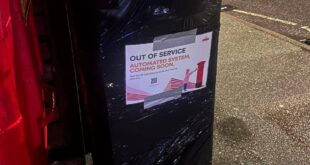Scotland faces a fraught industrial landscape in the coming months with a number of workforces threatening strike action, including NHS staff and teachers.
Staff are planning strikes in response to stagnant wages and rising inflation, which surged to a 41-year high of 11.1% in October.
From the railways to the classroom to our hospitals, there is frustration among public sector staff.
STV News takes a look at the potential flashpoints in the months to come.
Nurses
 iStock
iStockNurses in every health board across Scotland have voted to strike in a historic first.
The Royal College of Nursing (RCN) announced earlier this month that nursing staff at the majority of NHS employers across the UK had voted to take industrial action over pay and patient safety.
The RCN is calling for a pay rise of 5% above inflation, saying that despite a pay rise earlier this year, experienced nurses were worse off by 20% due to successive below-inflation awards since 2010.
Following negotiations between the Scottish Government and NHS unions, a pay rise of £2,205 was offered in a bid to resolve the dispute.
That would be roughly an 8% rise for a newly qualified nurse.
Deputy first minister John Swinney previously warned the Scottish Government had “nowhere else to go” in terms of offering further rises to public sector workers.
However, Unite said that the escalation was down to “the Scottish Government failing to dig deep enough”.
Health secretary Humza Yousaf was expected to meet unions on Tuesday as part of fresh talks to try and avert strike action.
Teachers
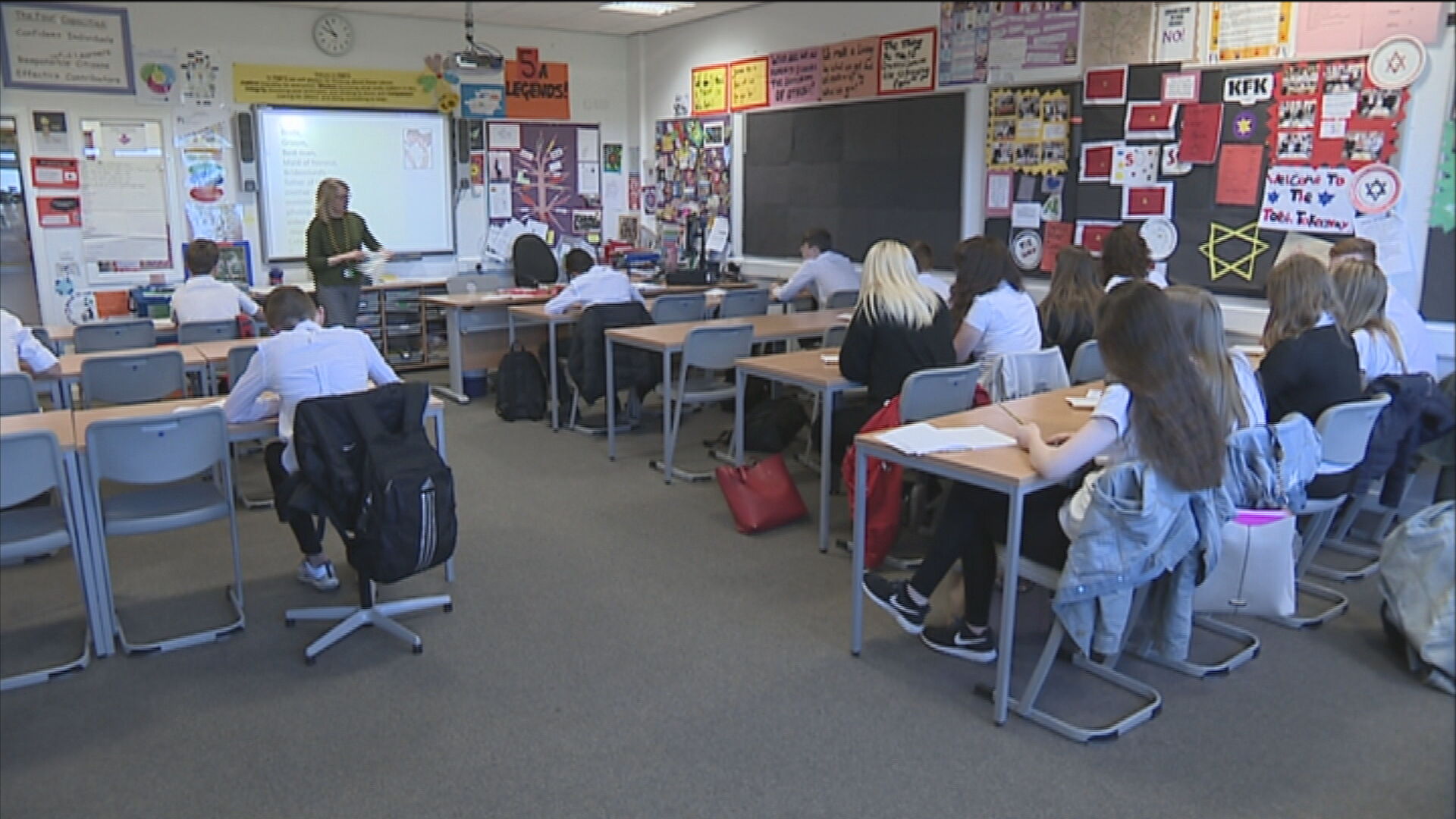 STV News
STV NewsSchool teachers across Scotland are set to take part in their first national strike action over pay for almost 40 years.
Thursday’s strike comes after the Educational Institute of Scotland, the country’s largest teaching union, rejected a 5% pay rise offer from the Scottish Government, describing it as “wholly inadequate”.
The AHDS union, which represents some heads and deputes, is also striking on Thursday.
Next week’s national strike will be the first by teachers over pay since the mid-1980s. The unions want a 10% pay rise to reflect the cost-of-living crisis and rising inflation.
Members of the Scottish Secondary Teachers’ Association (SSTA) will also take two days of targeted strike action next month, after 90% voted for strike action on a turnout of 62%.
The SSTA said that members in some local authority areas will strike on Wednesday, December 7 while others will walk out on Thursday, December 8.
In a bid to avert strike action, the Scottish Government on Tuesday submitted a new pay offer to unions, which would see the starting salary for a fully qualified teacher reaching £35,650.
If the offer is accepted, those at the top end of the pay scale will receive a 5% increase, taking their salary to £44,453.
Teachers moving from probation into a fully qualified post would gain an annual salary increase of 27%.
Postal workers
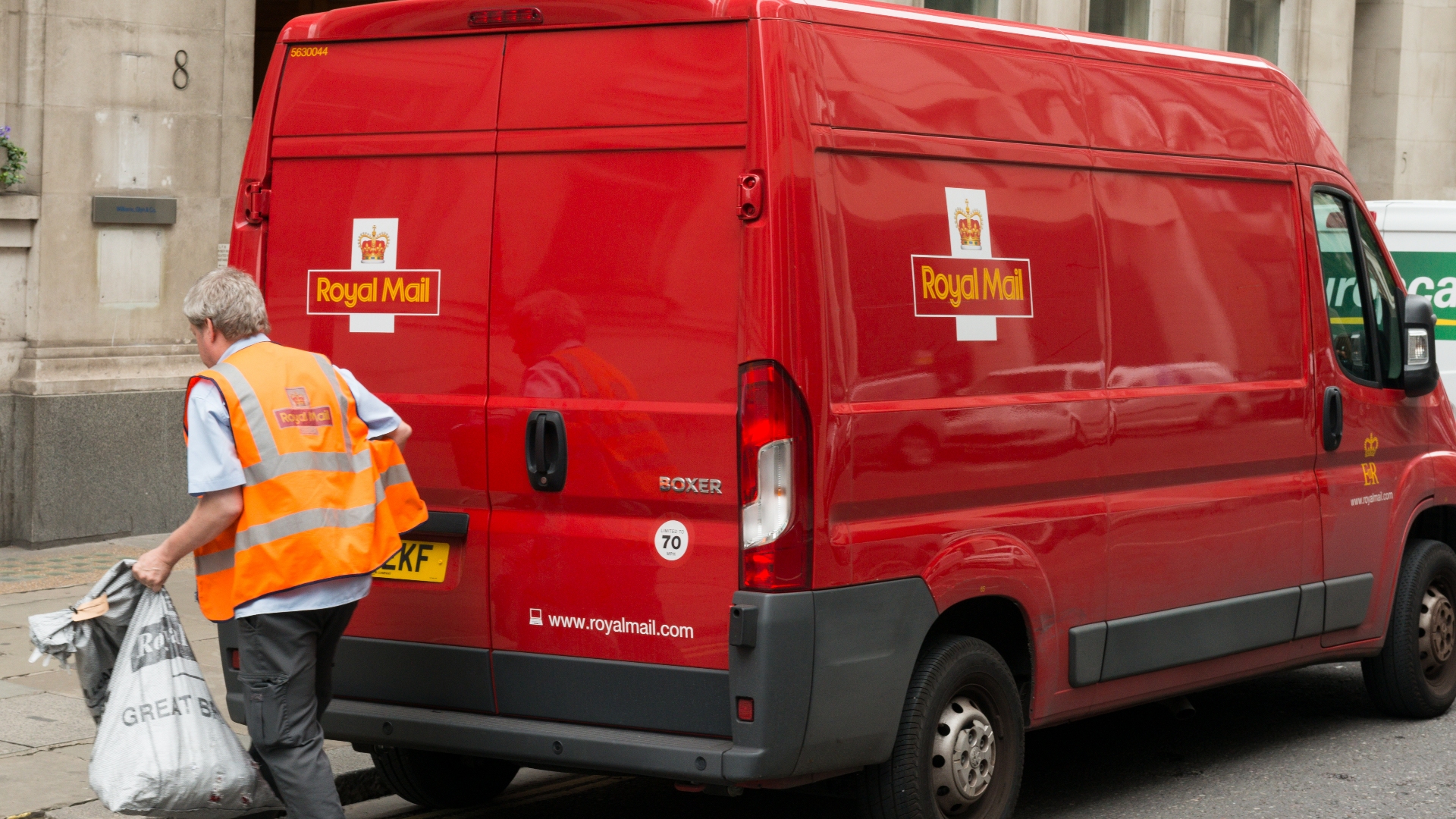 iStock
iStockRoyal Mail workers will hold a series of meetings on Tuesday to vote on whether they have confidence in the company’s chief executive ahead of fresh strikes in a long-running dispute over pay, jobs and conditions.
The Communication Workers Union (CWU) is organising meetings where its members will be asked to vote on whether they have confidence in the way the company is being managed.
The CWU said Royal Mail Group’s senior management have presented a “take-it-or-leave-it“ proposal, which was rejected by the union’s national leadership.
CWU members will be striking on Thursday and Friday ahead of more walkouts next month.
Security staff
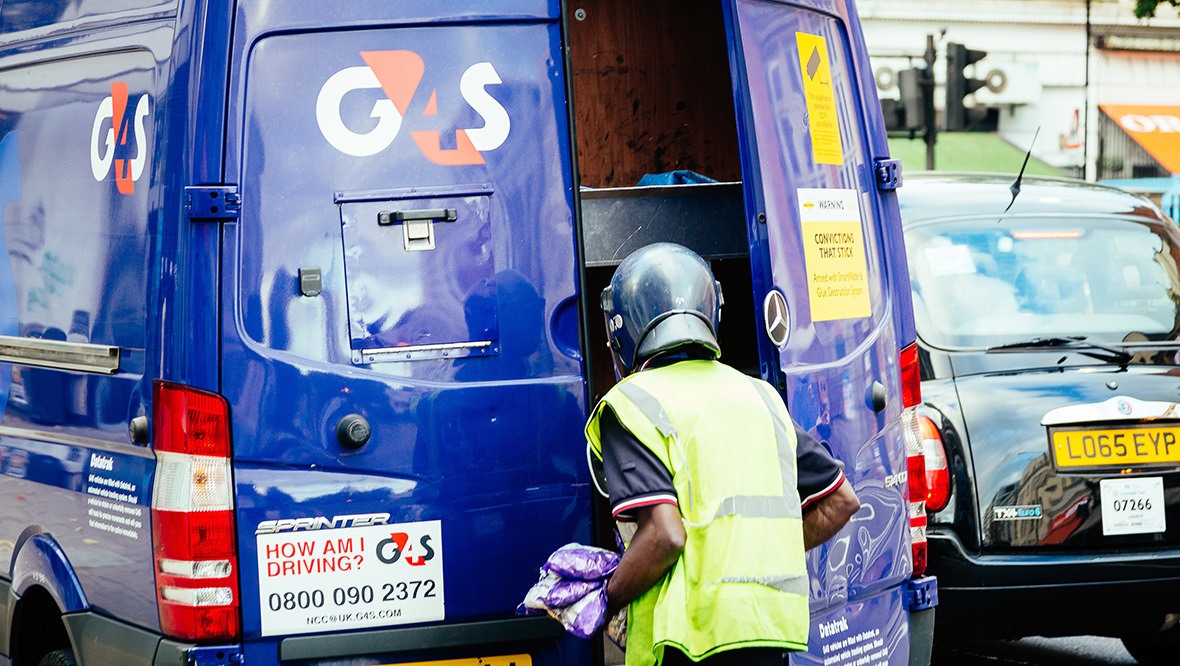 coldsnowstorm via iStock
coldsnowstorm via iStockHundreds of G4S security staff who deliver cash and coins have voted to strike in December, prompting fears of shortages ahead of Christmas.
The industrial action could impact the supply of cash and coins at banking clients such as Barclays, HSBC and Santander, and supermarkets including Tesco, Asda and Aldi.
The GMB union said it will be the first ever strike at G4S after union members voted to walk out, with a 97% vote in favour of action.
It said the strike is scheduled to take place from 3am on December 4.
G4S stressed that its UK cash drivers have received pay of £13.08 an hour for 2022 after a pay deal was agreed with the GMB from January.
Rail workers
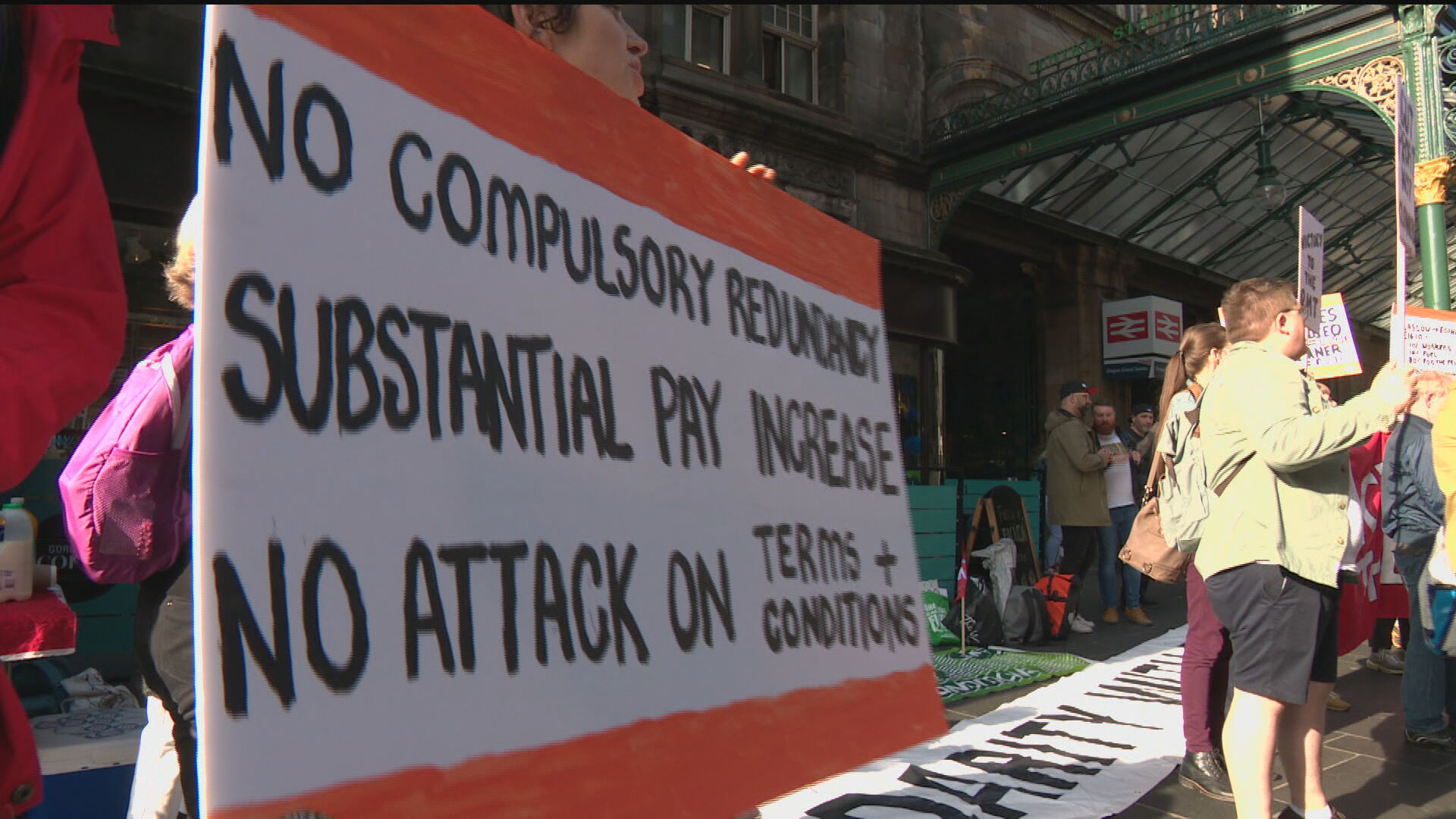 STV News
STV NewsA series of 48-hour strikes at ScotRail by members of the Rail Maritime and Transport (RMT) union will take place in the run-up to Christmas.
After previously calling off strikes on Fridays and Saturdays, workers will now walkout on December 13-14 and 16-17, and January 3-4 and 6-7.
More than 40,000 members of the RMT union across Network Rail and 14 train operating companies are taking part in the strike action.
There will also be an overtime ban across the railways from December 18 until January 2, meaning RMT members will be taking industrial action for four weeks.
In a separate dispute, the RMT is holding strike action at Avanti West Coast on December 11 and 12.
Meanwhile, the Transport Salaried Staffs’ Association (TSSA) is to ballot members at ScotRail over a potential strike amid an ongoing dispute about on-call shifts.
TSSA said talks about the nature of on-call duties were supposed to be discussed via a joint working group as part of the 2021/22 pay award settlement with the nationalist train operator.
However, more than a year on from the agreement, the union said despite repeated requests, no meetings have taken place.
TSSA members working for ScotRail include conductor team managers, driver team managers, on train team managers and station team managers working at stations across Scotland including Aberdeen, Ayr, Dundee, Dumfries, Edinburgh Waverly, Glasgow Central and Queen Street, Inverness, Kirkcaldy, Motherwell, Perth and Stirling.
Ports, Border Force, driving tests and licences
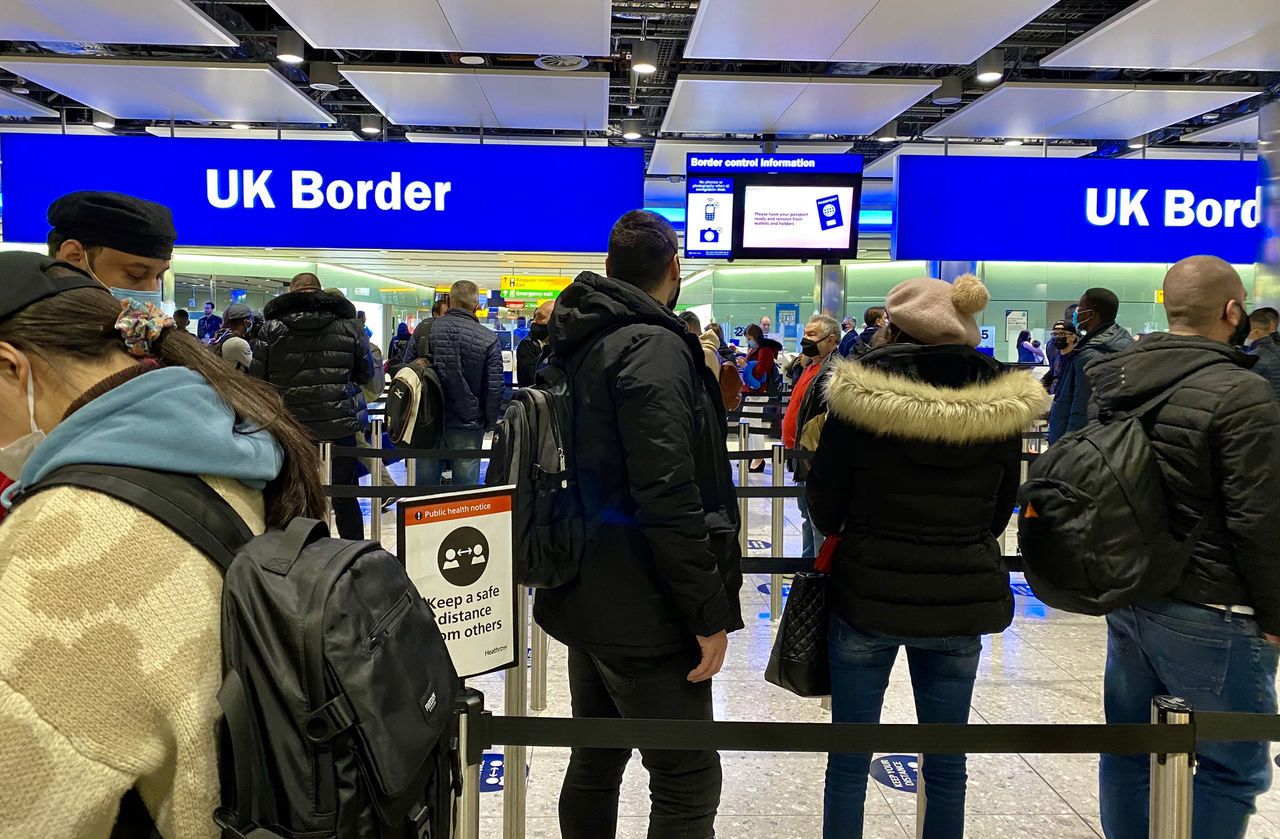 iStock
iStockCivil servants in the Home Office, Border Force, Department for Transport and Defra are to take industrial action, affecting ports, in a dispute over pay, jobs and pensions.
The Public and Commercial Services union (PCS) said action will start in mid-December and continue for a month.
Some workers will take action for the entire month, while others will walk out for shorter periods.
PCS general secretary Mark Serwotka said the action will affect driving tests and the issuing of driving licences, as well as passport control at airports.
Firefighters
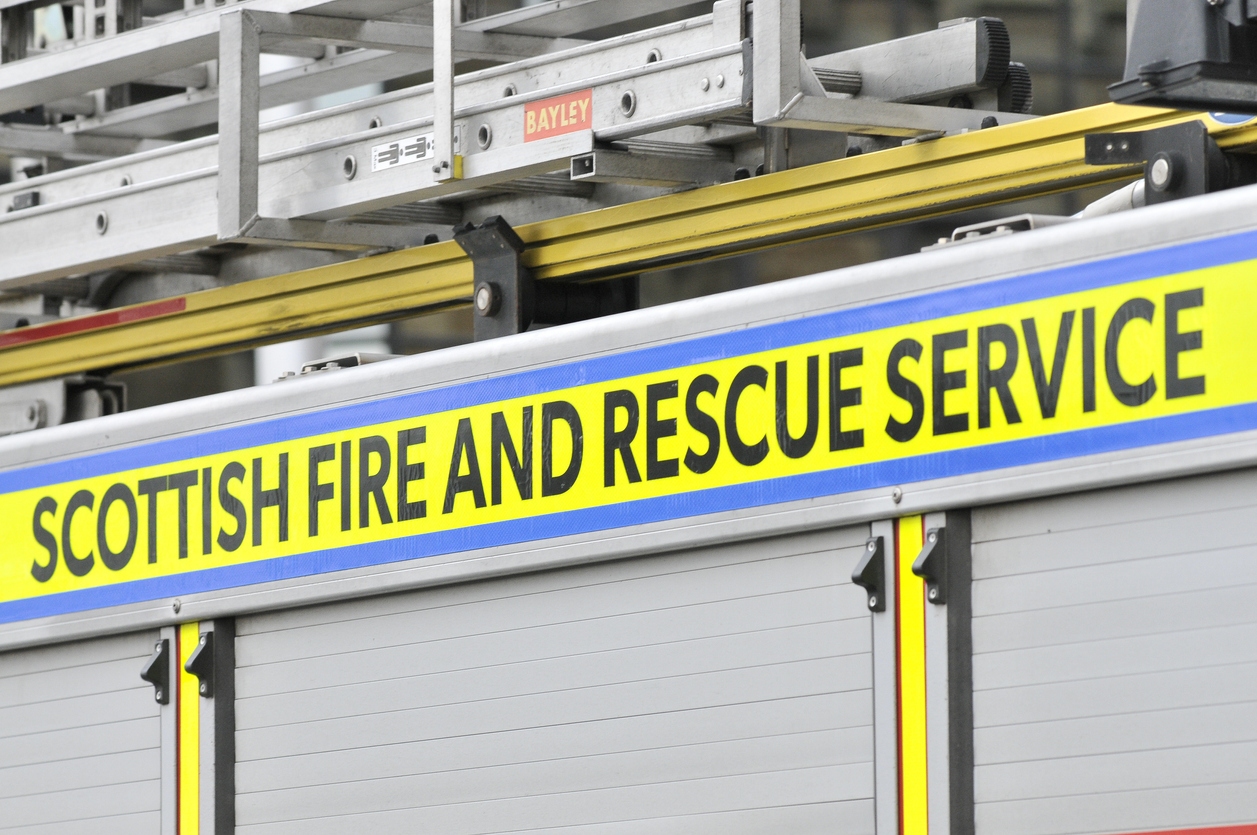 iStock
iStockFirefighters are to vote on strikes after rejecting a 5% pay offer.
Members of the Fire Brigades Union will be balloted in the coming weeks on whether to launch a campaign of industrial action.
If they vote in favour, it threatens the first national strike over pay since 2003.
Voting will start on December 5 and end on January 23.
Ambulance workers
 iStock
iStockScottish Ambulance Service (SAS) staff are set to strike for one day on Monday, November 28.
The GMB trade union said the action will get under way from 6am.
Unite, which also represents SAS workers, has already announced its members will work to rule from November 25.
Unite, whose members include advanced practitioners, paramedics, planners, administrative, clerical, real time analysts, and business intelligence, said the measures taken are designed to in no way impact on responses to emergency incidents.
If the GMB’s industrial action goes ahead, it will be the ambulance service’s first strike in decades.
Union leaders have vowed that members will be on hand to attend life-threatening emergencies during any strike action.
Source link

